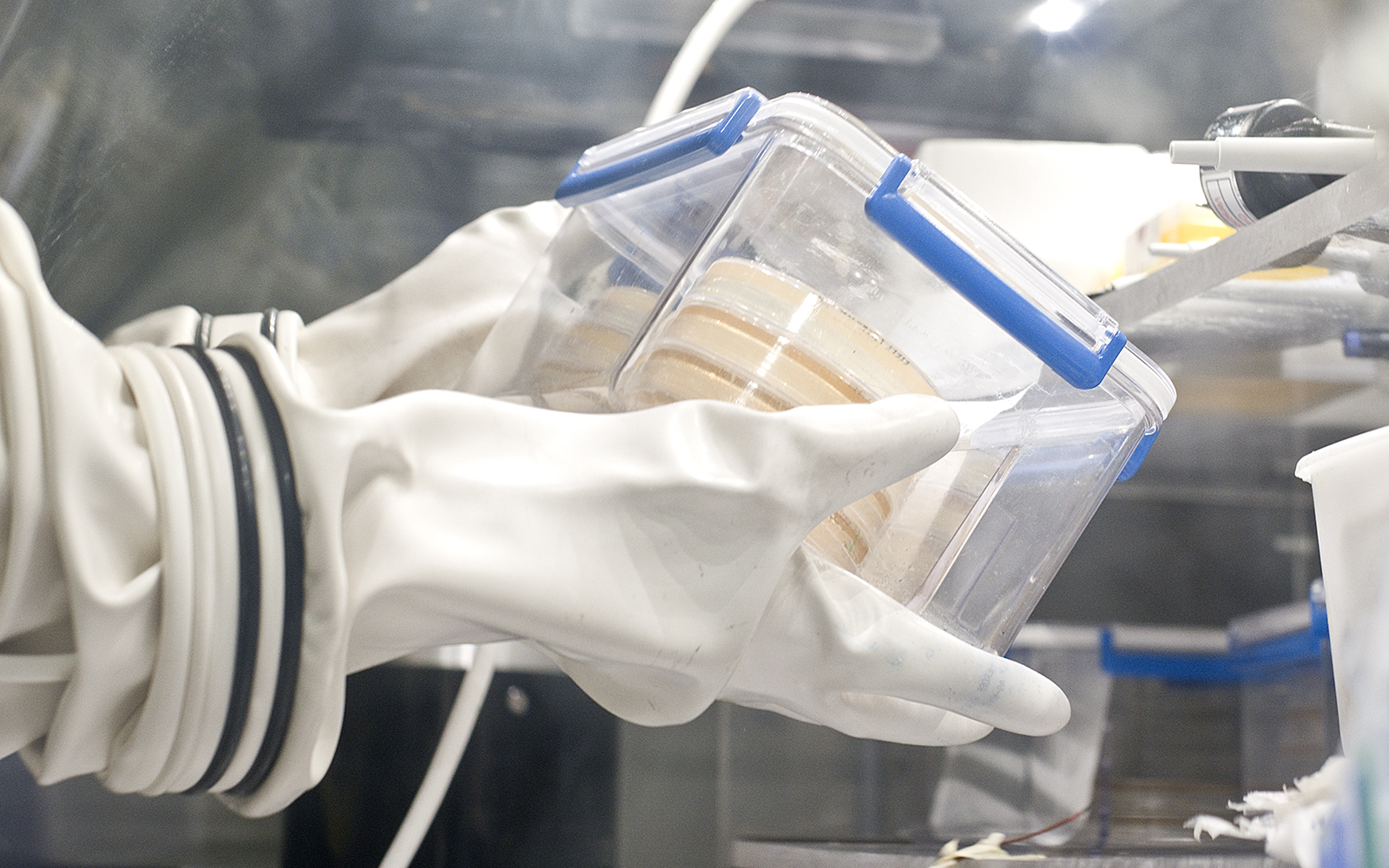Discovered novel target to eliminate antibiotic resistant bacteria

Researchers discover that inhibiting the proteins that prevent DNA breaks can be a promising strategy to decrease the prevalence of antibiotic resistance. The study published in Molecular Biology and Evolution dwells into some of the physiological costs that resistant bacteria face and relates them to a higher incidence of breaks in their DNA. The work uncovers previously unknown effects of resistance mutations and demonstrates how these can be exploited to develop novel antimicrobial therapies to tackle the global challenge of antibiotic resistance.
Drug-resistant diseases are a looming global health crisis, yearly accounting for around 700,000 deaths. Antibiotics in particular become ineffective because bacteria acquire resistance mutations, which often modify the drugs’ targets. Once the weak point of bacteria, the modified targets become a weapon to evade antibiotics. But it is often the case that these modifications bear negative consequences for bacteria.
The maintenance of antibiotic resistance depends partly on the negative effects it implies to bacteria. Their magnitude is key to decrease the prevalence of resistance in a population once the antibiotic is gone. “Finding the ‘Achille’s heel’ of antibiotic resistance has been at the center of our research. There are many ways a resistance mutation can be costly for bacteria and we found a new one that we can exploit”, reveals Isabel Gordo, IGC principal investigator and leader of the study. “We looked at Escherichia coli, a common gut bacterium, and found that resistance mutations promote DNA breaks, which are extremely harmful for bacterial cells”, the researcher explains.
Some resistance costs might be hidden in processes like transcription, which reads genetic information, or translation, which transforms what was read into a protein. “Certain structures that operate during transcription, called R-loops, promote DNA breaks. When we removed the protein that degrades R-loops in antibiotic resistant bacteria, we saw them going extinct very fast, both in laboratory conditions and in the mouse gut. The involvement of this protein in the prevention of DNA breaks is crucial to control the cost of antibiotic resistance”, describes Roberto Balbontín, first author of the study.
“This protein is an ‘Achilles’ heel’ for antibiotic resistant bacteria and targeting it might be an important future strategy for their eradication”, Isabel Gordo says. This study uncovers previously unknown effects of resistance mutations on bacterial physiology and evolution, opening a strong opportunity to develop, in the future, novel antimicrobial therapies to tackle the global challenge.
Read Paper
